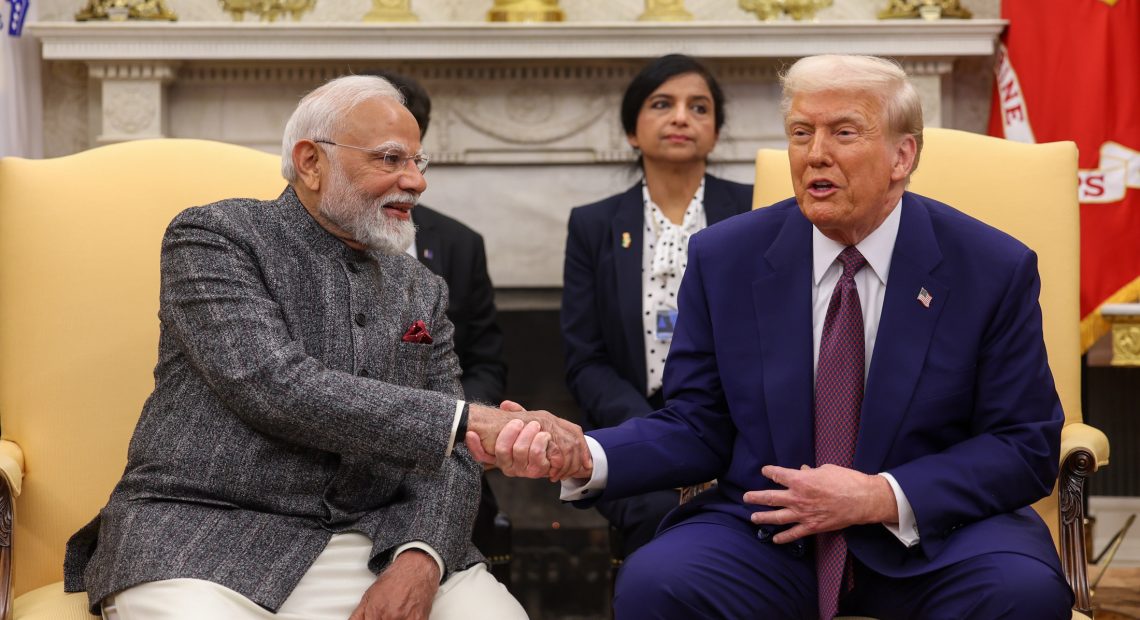
U.S. Imposes 26% Tariff on Indian Imports Amid Trade Tensions
The United States has announced a 26% tariff on imports from India, a move that intensifies trade tensions between the two nations. This decision is part of a broader strategy by the U.S. administration to address trade imbalances and protect domestic industries.
Background of the Tariff Decision
The U.S. administration has been implementing a series of tariffs aimed at countries with which it has significant trade deficits. India has been identified as one such country, leading to the imposition of a 26% tariff on its exports to the U.S. This action is intended to encourage fairer trade practices and reduce the U.S. trade deficit with India.
Implications for U.S.-India Relations
The imposition of these tariffs poses a challenge to the economic relationship between the U.S. and India. Both nations have previously expressed a commitment to strengthening bilateral ties, but this development may strain diplomatic relations and impact ongoing trade negotiations.
Potential Impact on Indian Economy
The 26% tariff is expected to affect various sectors of the Indian economy that rely heavily on exports to the U.S. Industries such as textiles, pharmaceuticals, and information technology services may experience decreased competitiveness in the U.S. market, potentially leading to economic repercussions domestically.
Response from Indian Leadership
Indian officials have expressed concern over the tariff imposition and are evaluating potential responses. The Indian government may seek to engage in diplomatic discussions with U.S. counterparts to address the issue and explore avenues for resolving trade disputes amicably.
Conclusion
The U.S.’s decision to levy a 26% tariff on Indian imports marks a significant development in international trade relations. It underscores the complexities of global trade dynamics and highlights the need for continued dialogue and negotiation to foster mutually beneficial economic partnerships.


















